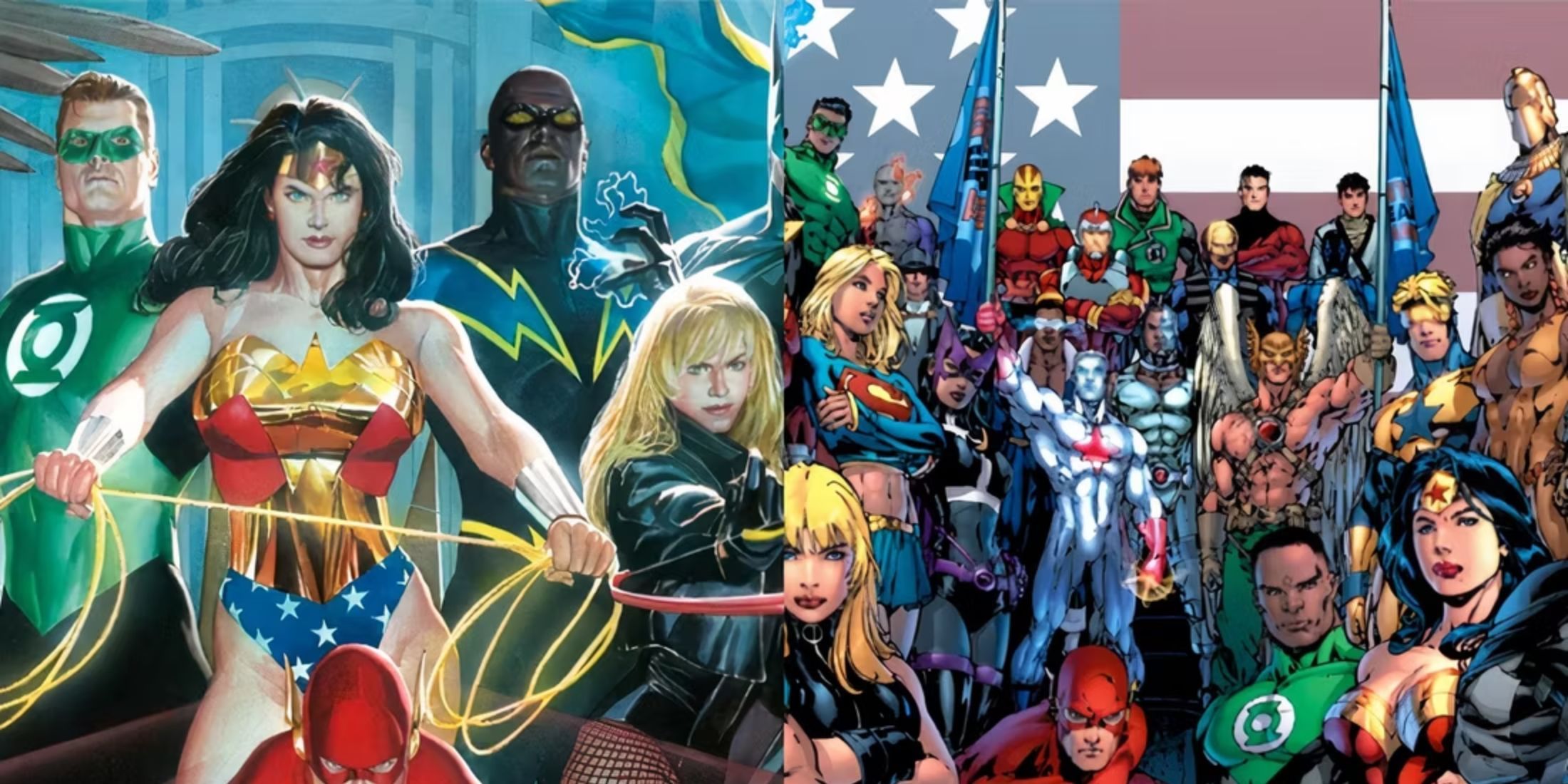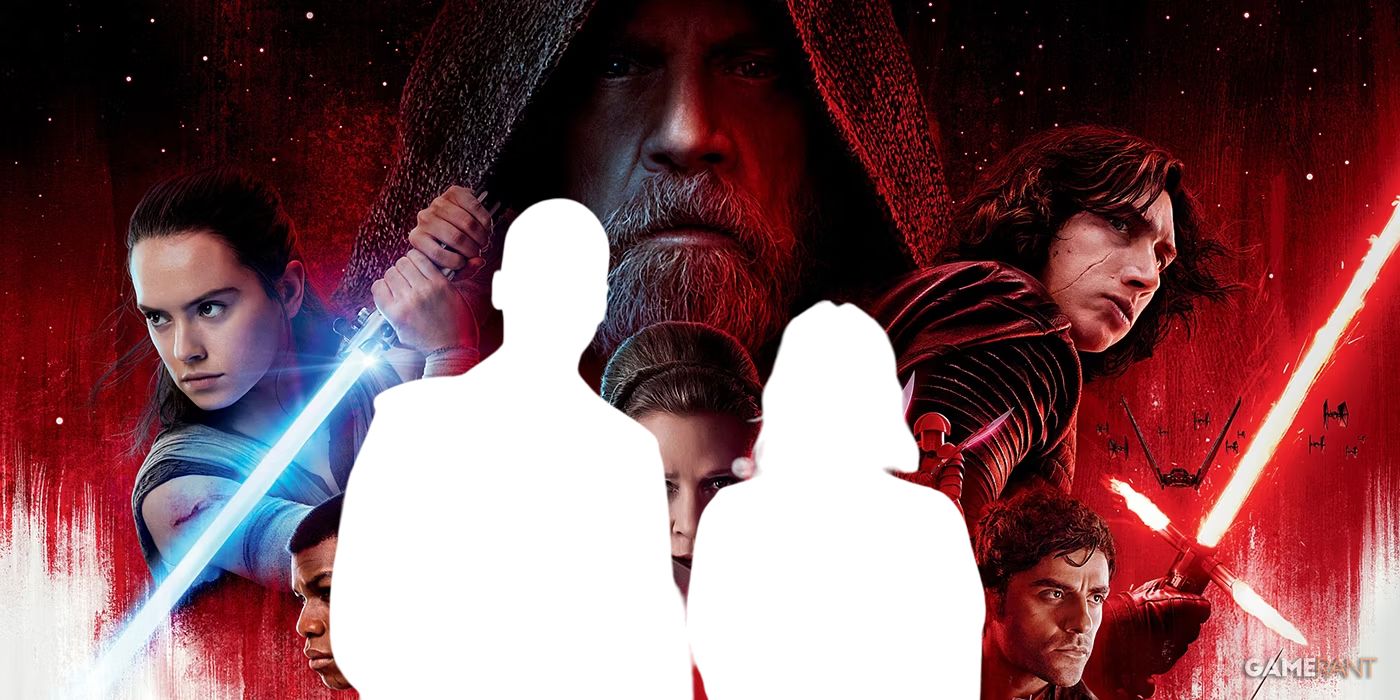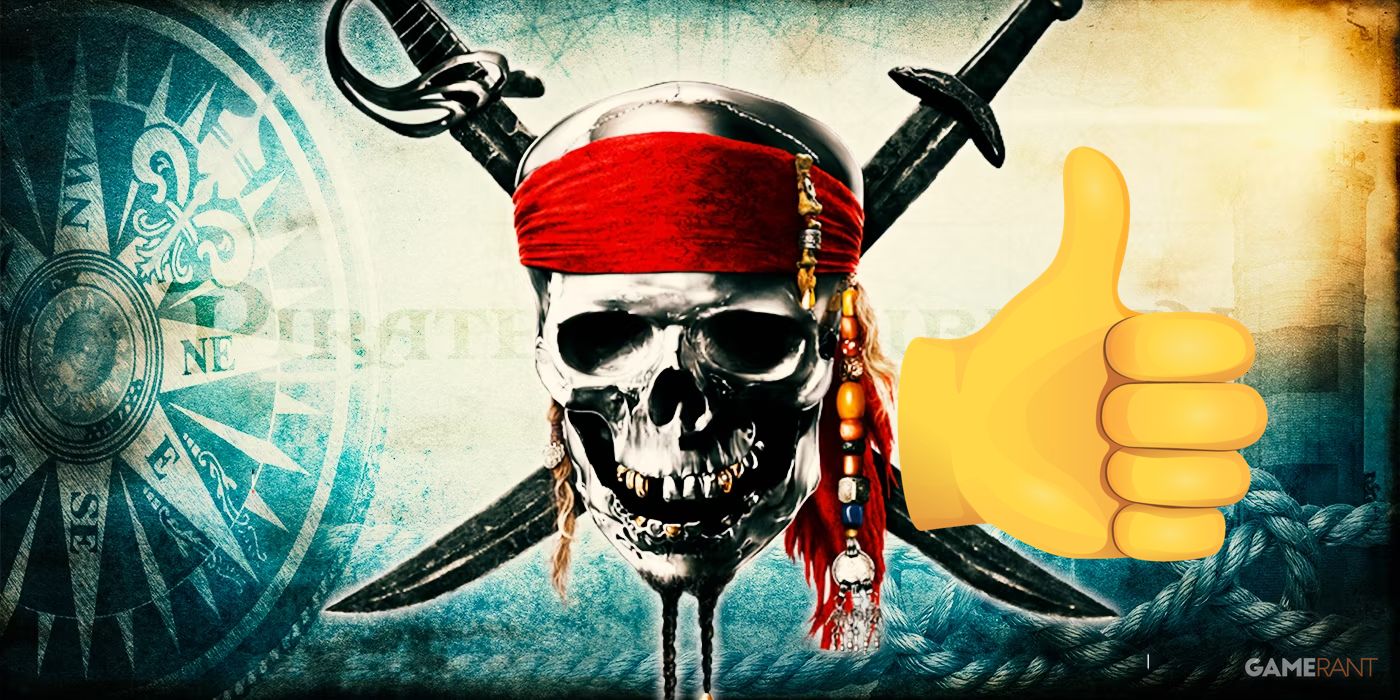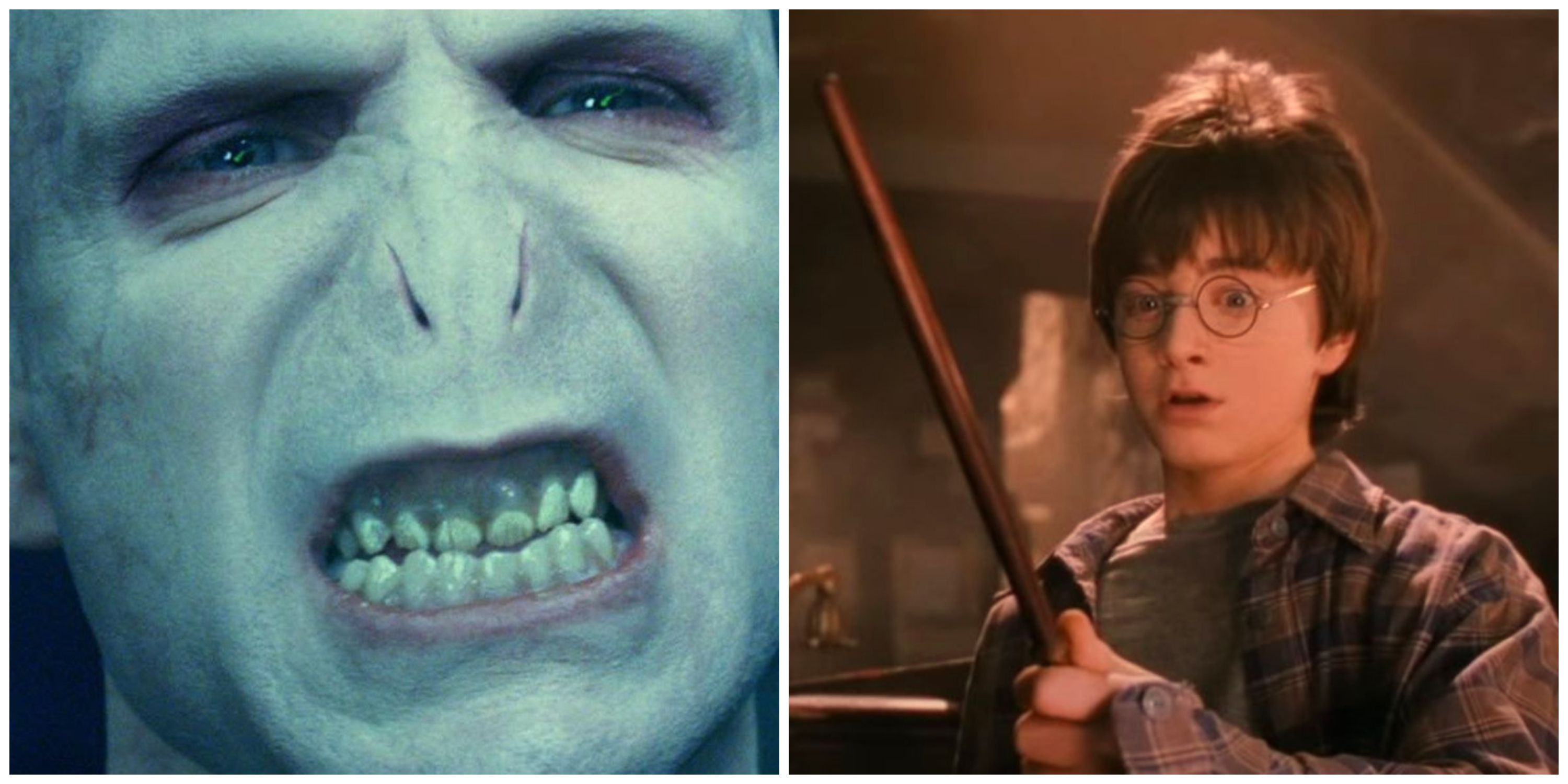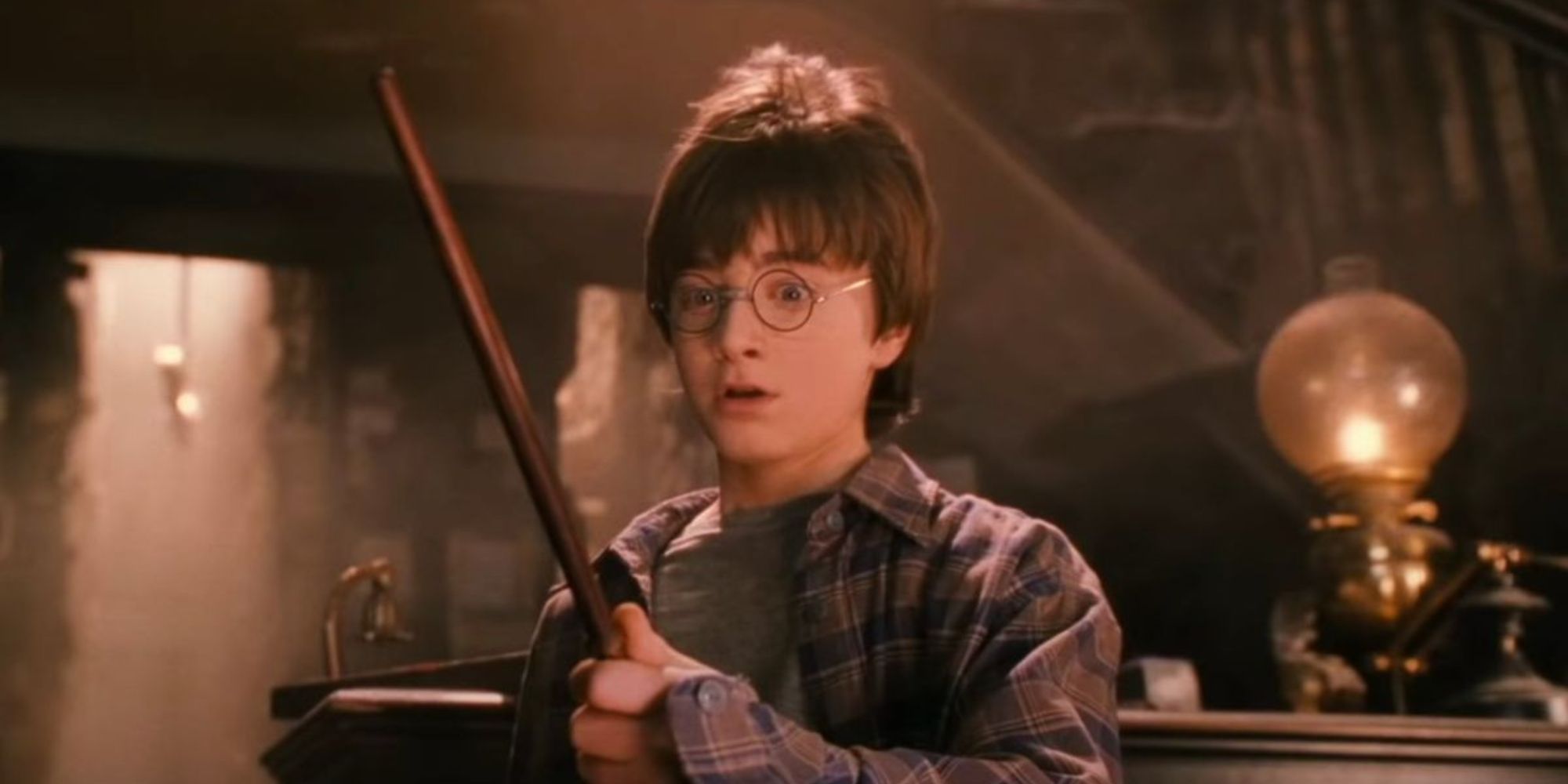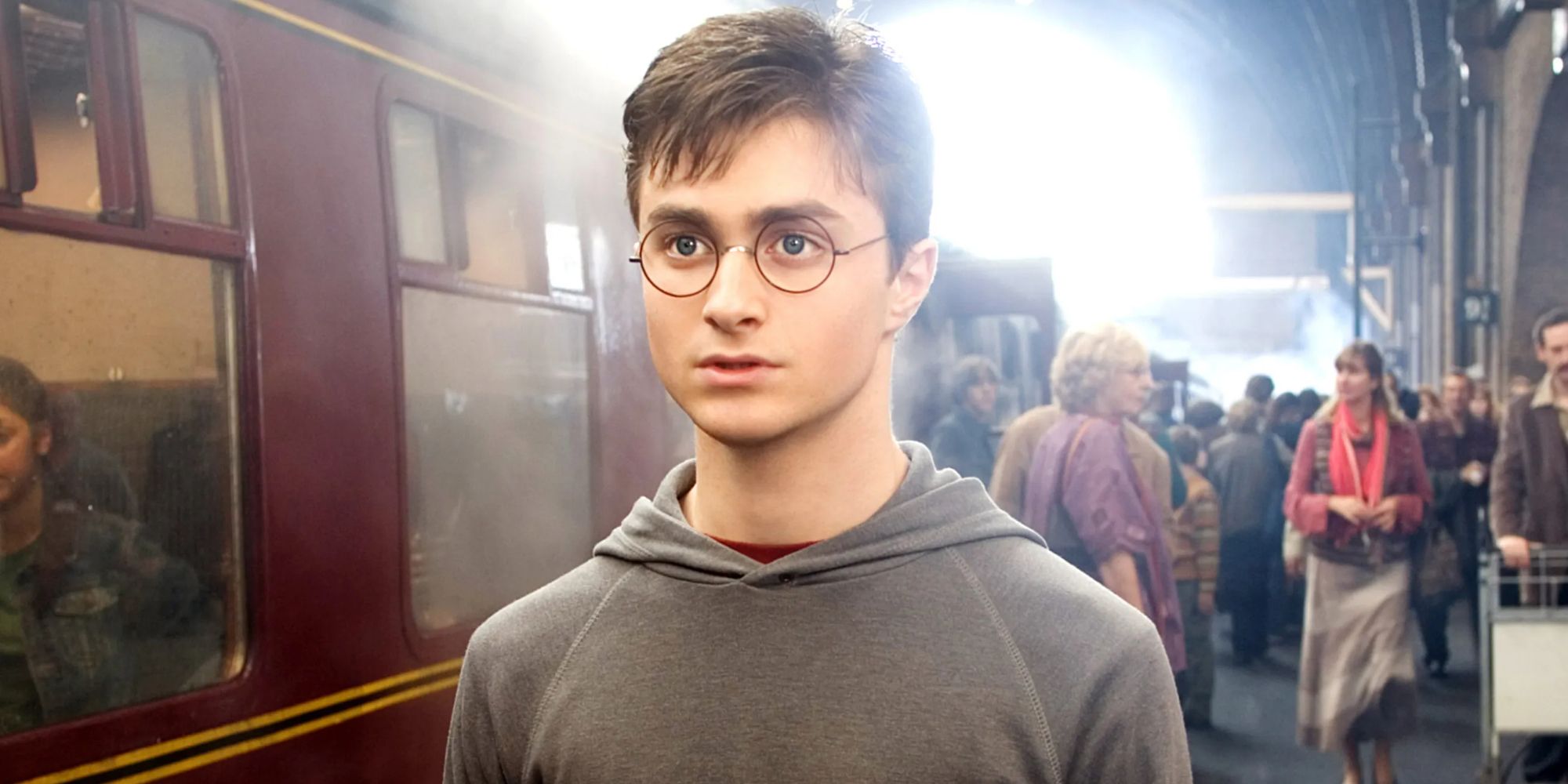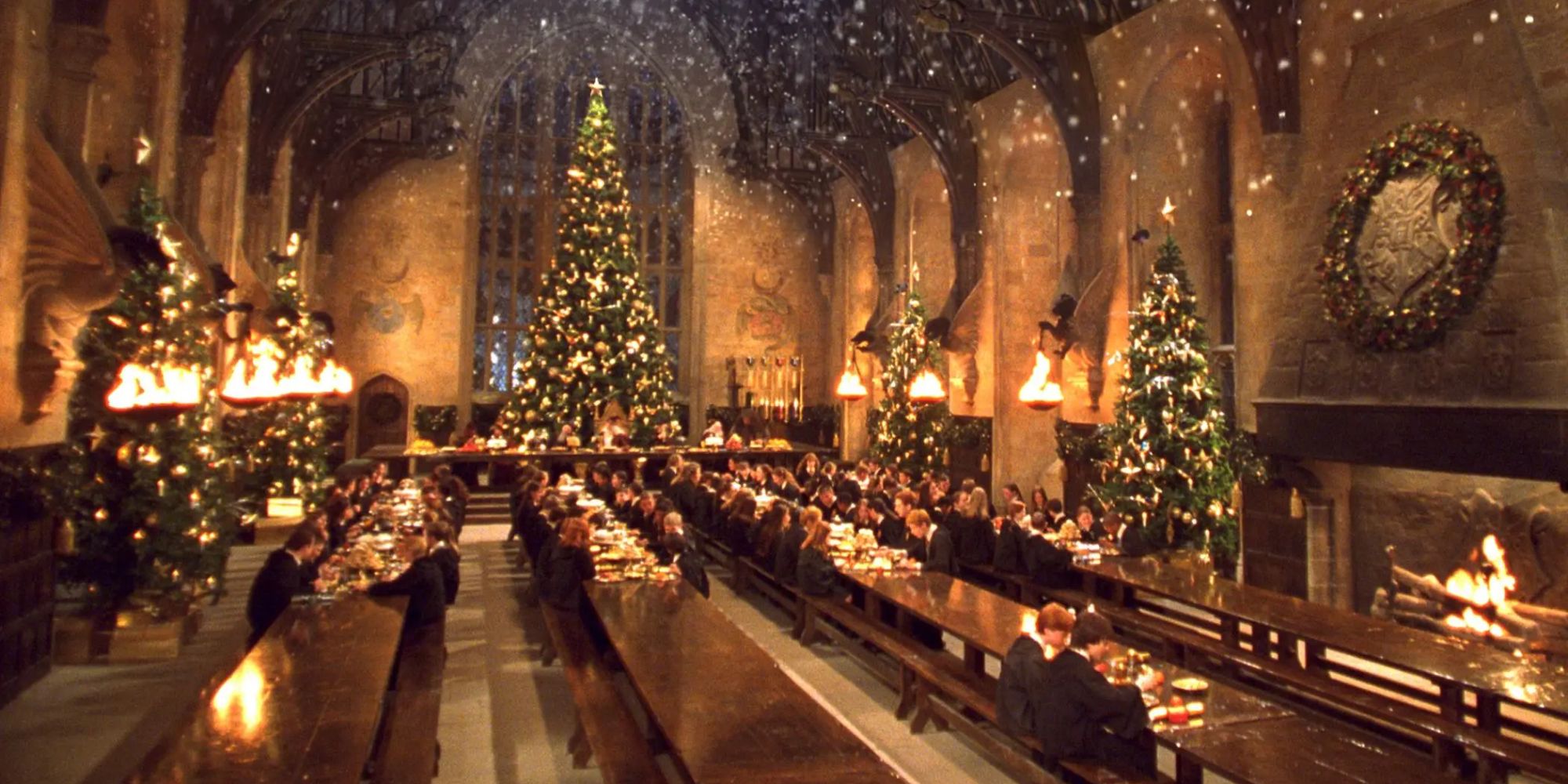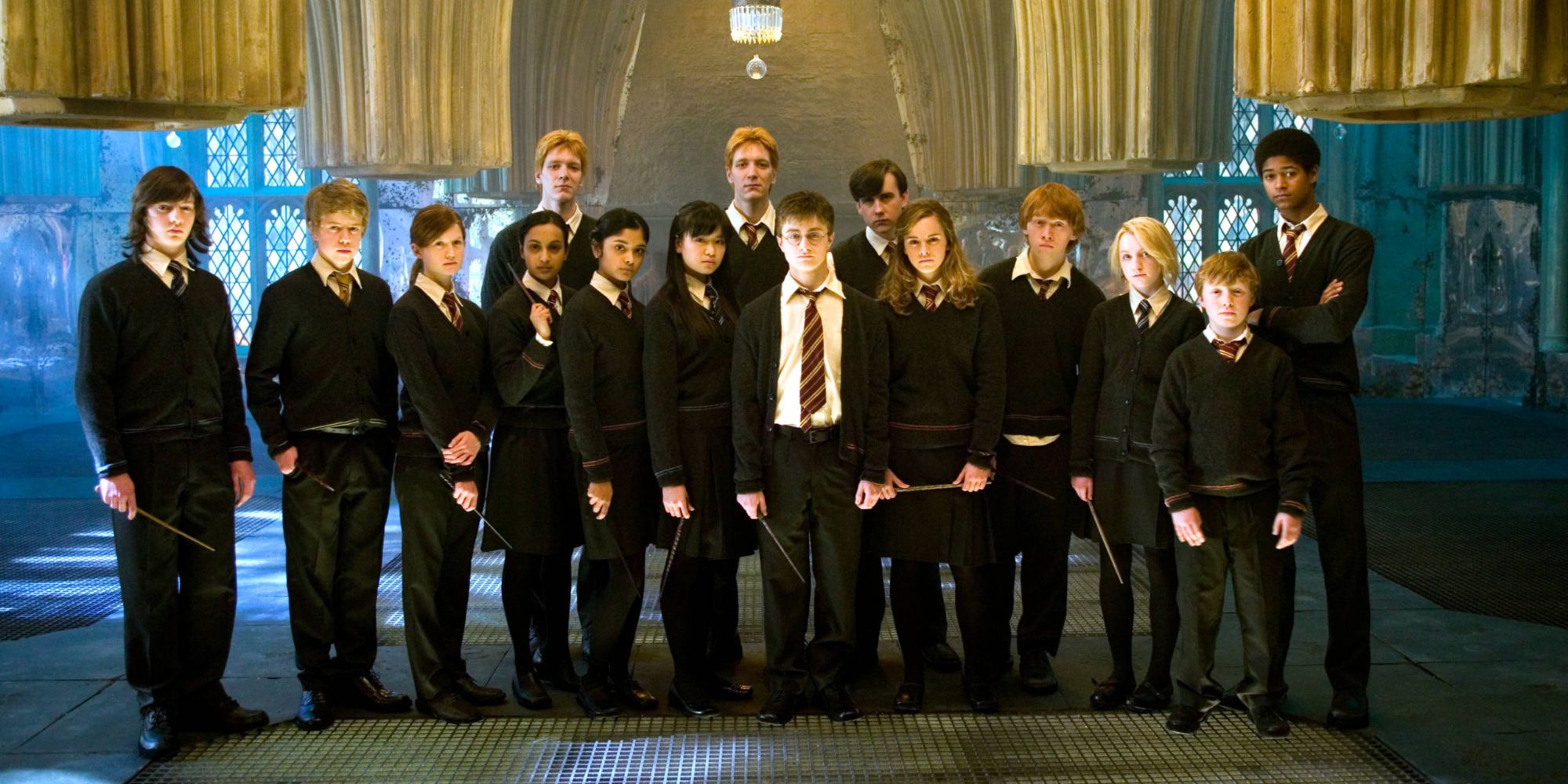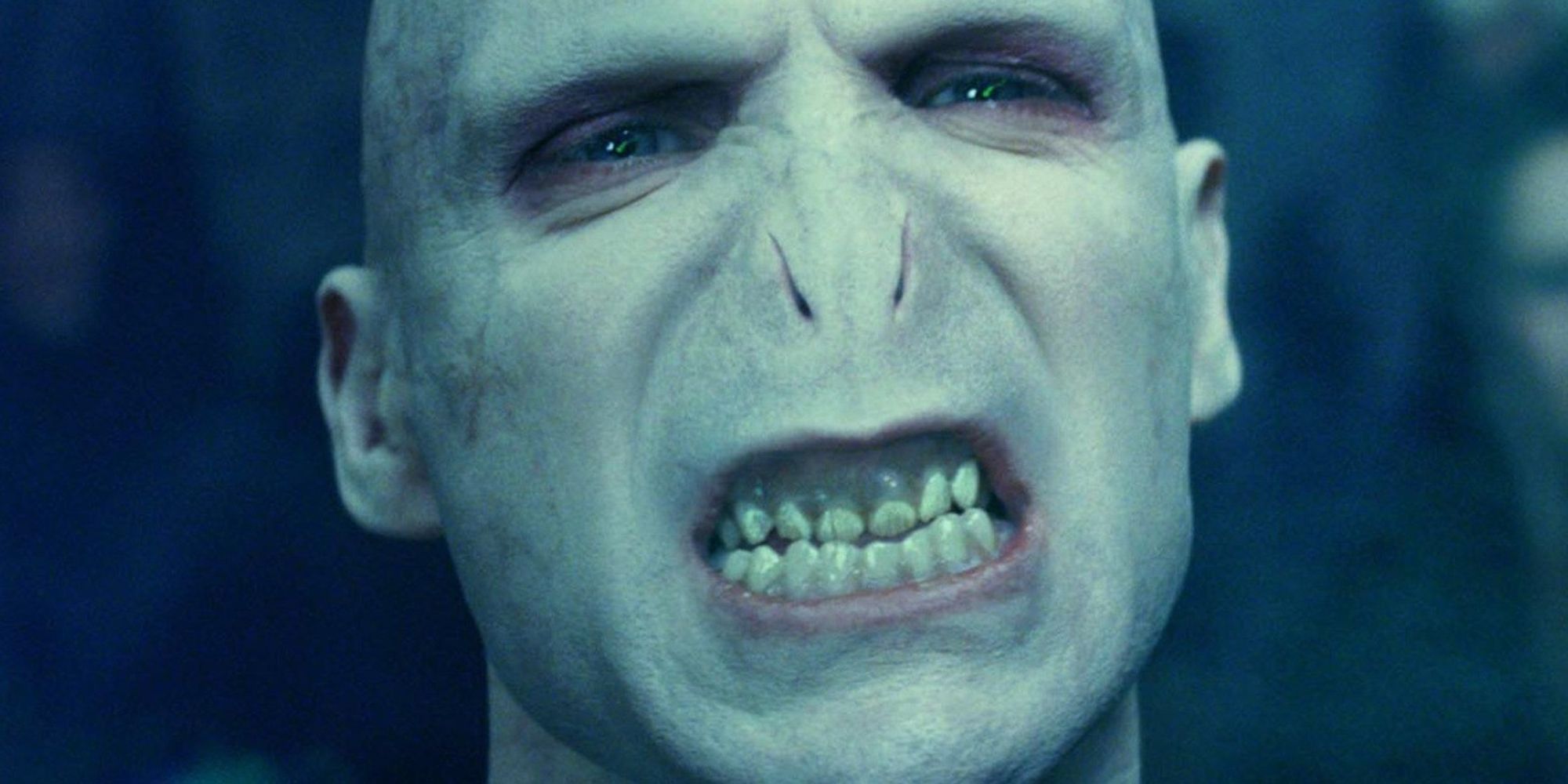Since the publication of the first Harry Potter book back in 1997 and until the 7th and last one in 2007, the market has been trying to find a way to break into the formula of what made this series a superstar among the fantasy genres. But in trying to uncover the secret recipe, it's nice to remember that Harry Potter is not only one genre, and it does not only have one trope.
The author J.K. Rowling used a mix of fantasy, horror, British school story, drama, young adult, mystery, and, of course, the magical school genre (which for the sake of this list would be considered a genre and not a trope, as there seems to be some confusion about where it falls under in literary circles). But it wasn't only the mixing of the genres that made Harry Potter stand out, but rather how the magical school genre was portrayed and what the author successfully infused it with.
5 The Origins
The magical school genre seemed to sprout along with the Harry Potter books, but in reality, its roots go much deeper. There are references in stories with magic schools that date back to medieval times, but perhaps the most famous of all that made its voice heard throughout the centuries has to be the Scholomance, a mythical school run by the devil where students could learn all kinds of magic.
There is no way to know if J.K Rowling had heard or read about any of the magical schools of the past, but with her creativity, she managed to make a new type of genre that newer generations of writers can study to see what made it so successful and draw inspiration from.
4 The Hero's Journey
One of the things that are not a secret that only successful writers have access to, is the Hero's Journey, or a more or less specific format of what the protagonist must do in the story to grab the readers' attention.
Harry Potter has such an incredible Hero's Journey that even upon first hearing about it, without having read any of the books or watched the movies, one has the feeling that they are familiar with the boy and want to see him succeed in his adventures. What makes it even more successful is how in each of the books there is a separate journey that is connected with the whole, and Hogwarts is not only the background but an important part of the story.
3 The Personification Of Hogwarts
J.K. Rowling seemed to have made use of almost everything that she had in her writer's toolbox. One amazing thing that connected the readers and viewers to the stories, is how much they cared about Hogwarts. It wasn't only a school, it felt as real as a person, with its own intricacies and little nuances that made it feel like it was made out of flesh and bones instead of bricks.
It offered the opportunities to the students to not only be their real selves in it but to become their real selves in case they didn't know who they were yet (see Harry). It was as much a haven for the gifted as much was a place that people wanted to protect.
2 The Secondary Characters
Apart from Harry and his Hero's Journey, the Harry Potter books offer some of the best secondary characters that we have seen in fiction. Even though Hermione and Ron are not the heroes of the book, they feel like secondary characters should feel: not as page fillers, but as important parts of the story as everything else.
That is true not only for Hermione and Ron, but for all the secondary characters, even the ones that appear for very little. The author has many all of them have something to do that is necessary for the story to continue and all of them, in their own way, are connected to Hogwarts. No one is there just for the fun or the drama of it, and in such a long series, this is - to say the least - admirable.
1 The Marriage Of Genres
As mentioned in the intro, the Harry Potter series is not just one genre, yet if someone who has never heard of the series was to ask of what genre it is, the first answer would probably be: fantasy. And it is not a false answer, but it is lacking. Harry Potter is a bildungsroman as much as it is horror, as much as it is fantasy, as much as it is drama, as much as it is children, as much as it is young adult... And the list can go on for some time.
Before Harry Potter, the magical school genre was not really considered a genre (or a trope) of its own, as much as it was the setting, where the story, no matter what genre it was, would unfold. But it is not only the popularity of Harry Potter that made it a genre, it is the fact that Hogwarts is portrayed in such a way that seems to be ready both to accept and to create a place where all those different genres can fit under one roof.

